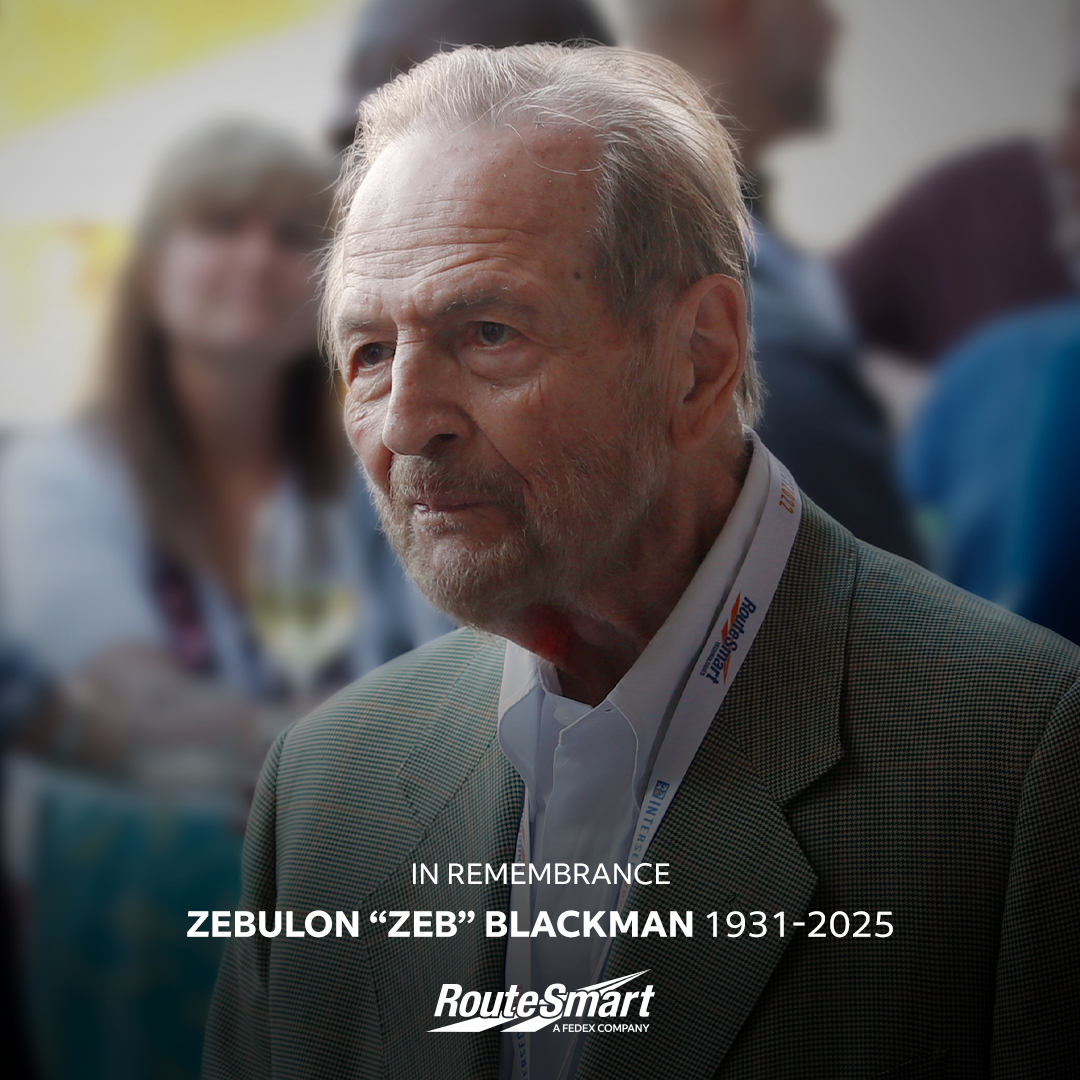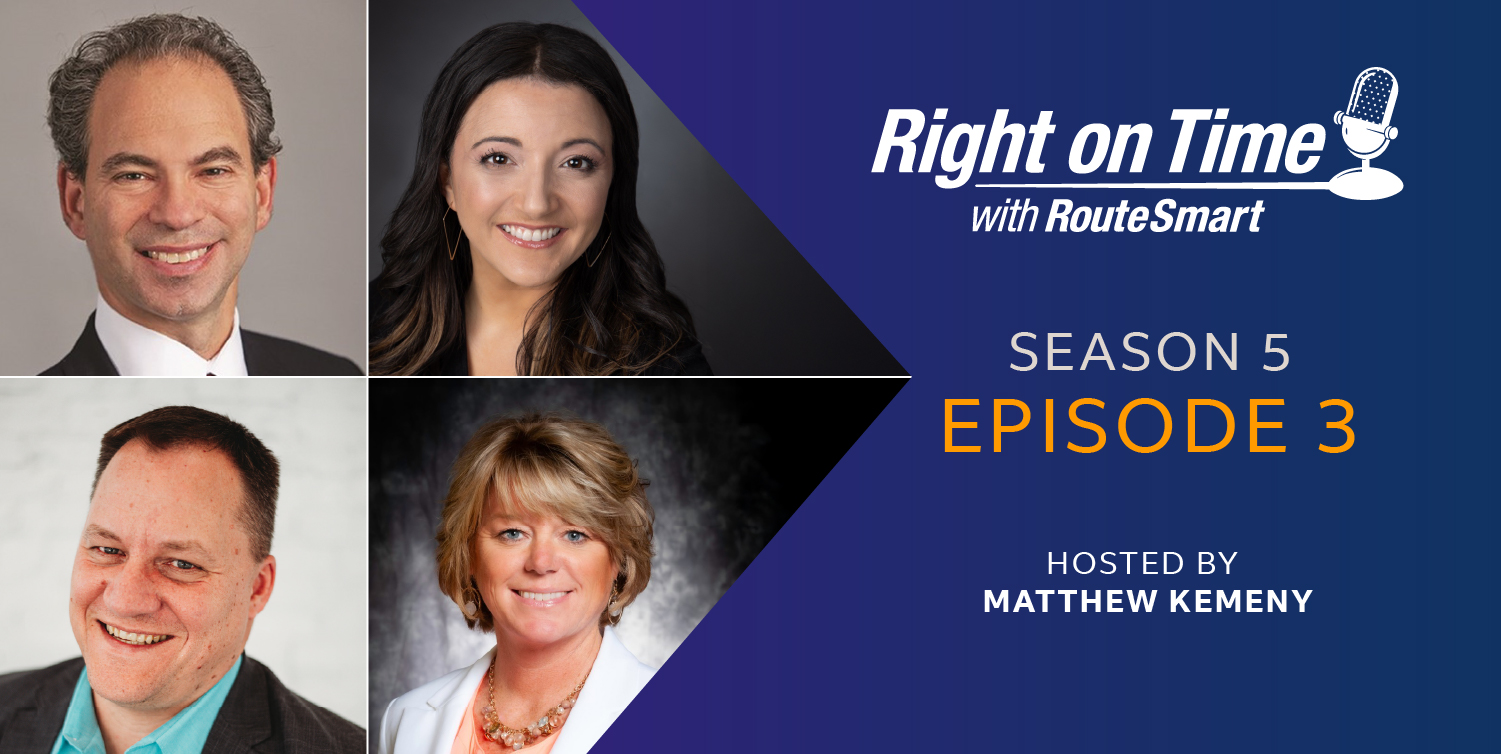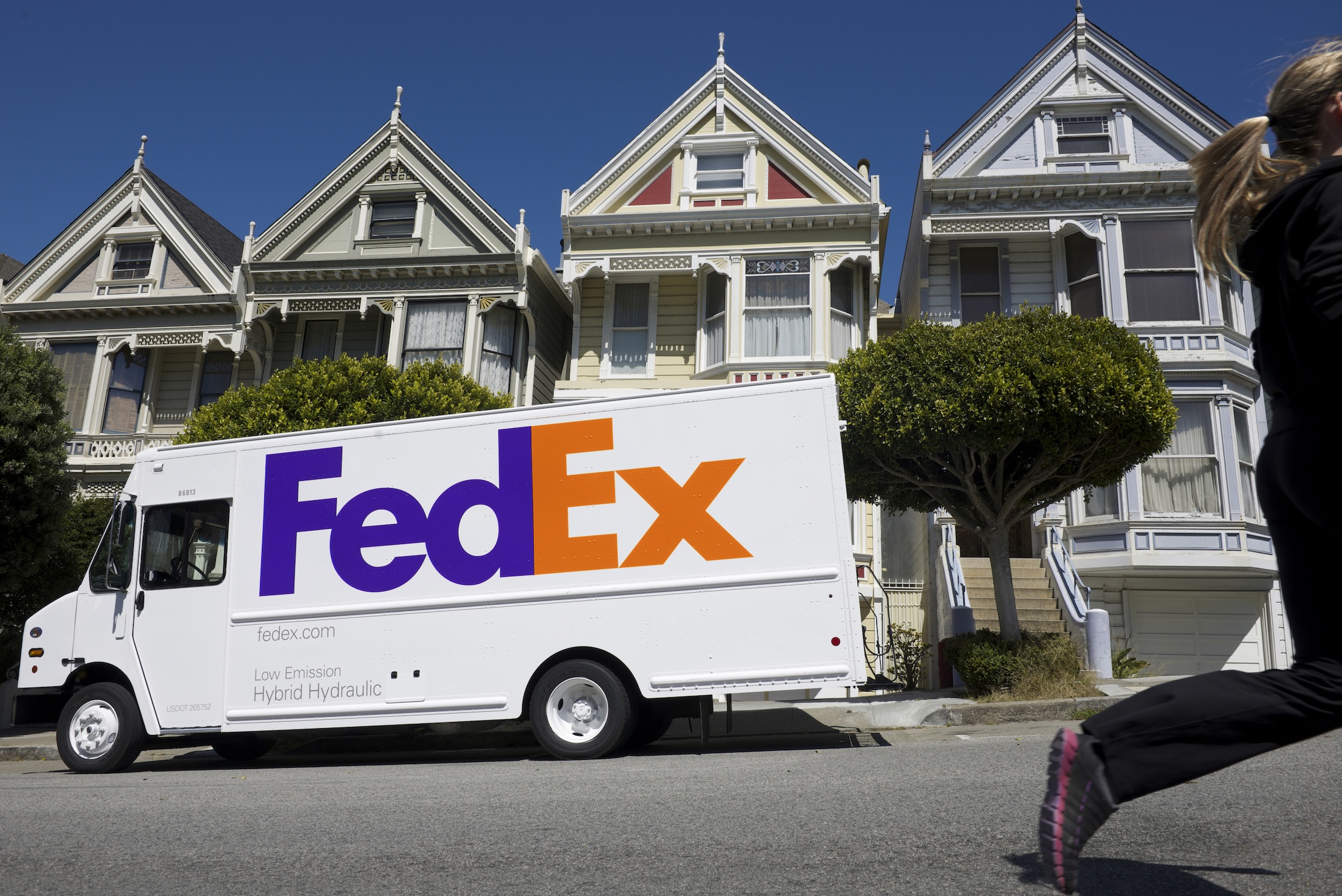Solving the puzzle behind crossword creation
RouteSmart Employee Writes Crossword Puzzles for New York Times
If you’ve ever turned to the crossword puzzle section of your daily newspaper, there’s a chance you settled in to complete a puzzle authored by our very own Damon Gulczynski, director of research and development at RouteSmart.
If you’ve ever turned to the crossword puzzle section of your daily newspaper, there’s a chance you settled in to complete a puzzle authored by our very own Damon Gulczynski, director of research and development at RouteSmart. He also holds the honorary title of crossword puzzle writer extraordinaire!
Recently, Damon joined me on our podcast Right on Time with RouteSmart where I asked him how he got started writing puzzles, his inspiration, tips for writers and solvers and more!
When did you start creating crossword puzzles and what got you into the idea?
Damon: I started doing crossword puzzles a long time ago. Probably in the 1990s, around the time I was an undergrad. I started making them even before I started solving them. I would sit down with graph paper and start filling them in. Now there is software to do it, but at the time, there was nothing like that. I would just fill it in by hand and use the dictionary to look up words. I never even really thought about publishing them anywhere.
I read a Reader’s Digest article about someone who did it professionally and he laid out the rules, like you need to have symmetry to your grid and other things like that. So, I started making them more professional and I would give them to my family and friends. It started getting to the point where I was like, I think these are pretty good – these are almost as good as what runs in the paper. I did some web searches to see if I could find out how to submit them. Interestingly enough, most of the places have open submission policies.
What was it like when you got your first puzzle published?
Damon: I was really excited. When I first got into it, I was just making them for friends and family. I didn’t even really think about getting them published. Then once I realized that was a possibility, I was like, wow, if I can just get one published that would satisfy me. When I got one published, I thought, it’s cool to see it come out. But then I wasn’t satisfied at just getting one published. I started doing them more and more. There was a summer when I was making a lot of puzzles and submitting them – I was making a puzzle every few days and submitting them. I was getting a lot published. I remember I used to get a lot published in USA Today.
How long does it take you to do one puzzle?
Damon: That’s a good question. It depends whether it’s a themed crossword or not. The themed puzzles have some sort of wordplay that tie everything together. And then there are the ones that aren’t themed, which is kind of a freestyle grid, but the grid must have a low word count, which means not very many black squares. The non-themed puzzles are harder to fill, but they take less time to make, because a lot of the time to make it just comes with thinking of the theme. Sometimes I’ll just get a theme idea and I’ll just sit down and just brainstorm a bunch of entries. But, a lot of times, I get a theme idea and I’ll set it aside and I’ll come back to it when I have a break from work or something like that. I would say it takes me three or four hours to fill the grid and to write the clues.
Are there words that are almost always used in crossword puzzles, like a three-letter word for candy?
Damon: You know, maybe it’s Pez. Yes, there are. There are so many words that come up so frequently and that are almost only used in crossword puzzles. There’s a whole name for it: “Crosswordese.”
Are you fluent in Crosswordese?
Damon: Yeah, I am (laughs). I’m very fluent in Crosswordese. Some examples are “ogee,” which is a kind of molding. Sometimes you need those vowel combinations, where it’s vowel, consonant, vowel, vowel. Oleo, a type of oil or margarine.
How many different newspapers have you had your puzzles published in?
Damon: Let me think: The New York Times, the New York Sun, Los Angeles Times, USA Today and Media Tribune Services. I’ve had them published in Games Magazine. I’ve had one published in Universal and there’s one called Fireball Crosswords, which is like an independent puzzle. So, probably close to 10 publications.
Is it more difficult to get published in the New York Times Sunday Crossword?
Damon: The way the New York Times works is they have their Sunday puzzle, which is their biggest one. That comes out in the magazine. Other than that, their Monday through Saturday get progressively harder throughout the week. I’ve had at least one puzzle published every day of the week. That’s what they call hitting for the cycle. I’ve only had one Sunday puzzle and it was actually one of my first puzzles, back in 2004 or 2005.
Do people ever recognize your puzzles and talk about how you may have stumped me?
Damon: Yeah, it happens. There’s a whole subculture (of puzzlers) that are on Twitter. I do have an account there and sometimes I’ll go on Twitter after my puzzle is published just to see what people say about it. Usually, good things … but I’ve definitely had some people say some mean things about it. There is a little element of being renowned. It’s not really famous, but it’s kind of being known within a little subcommunity.
Damon: One thing that I usually do is go to the American Crossword Puzzle Tournament, which is a big competitive solving tournament, usually held in Stanford, Connecticut. (This year April 1-3). Compared to the average person, I’m probably a very good solver, but compared to the best people, I’m not even in the middle of the pack. What I’ll usually do is go and be an official there and help out with administering the tournament. I’ve had numerous people come up to me and say hello and that they like my puzzles and that’s pretty cool.
What’s the hardest part of actually writing a puzzle?
I think the clues – I don’t know if it’s the hardest – but for me the clues are the least fun. I really like the challenge of trying to fill the grid, and after that, I’d be happy to just outsource the clue writing to someone else. The problem is it’s hard to think of something that’s original. A lot of times you’ll think of something and you think that it’s clever – and it may be – but someone else thought of it before you. There’s a clue database (where you can check if it’s been used).
For the players out there, what kind of advice would you give them to tackle a New York Times Crossword, for instance?
Damon: The best advice is, if you enjoy it, keep doing it and be persistent. When I started out, I wasn’t that good, and I look back at it now and I’m like, how could I not have figured that out? But you start to learn the rhythm and the puzzles, and you can see what they’re getting at – you start to learn little tricks, for instance, if the clue is in past tense, the answer is going to be in past tense as well. Or if there’s an abbreviation in the clue, then the answer is probably an abbreviation. If there’s a question mark after the clue, that means it’s a pun.
What advice would you give to the aspiring crossword puzzle writer?
Damon: I would say again, just be persistent. Just start doing it and don’t worry about if you’re doing it the right way at first. With your first puzzles, they probably aren’t going to be that good and not get published, so just sit down and start doing it. If you want to get started with graph paper and a dictionary, then do it that way. If you want to get their software, it’s not that expensive, like $30 you can get a crossword compiler. That would really jumpstart making them look professional. There are also a lot of communities online where you can find people to help you.
Subscribe to our podcast, Right on Time with RouteSmart, on Apple Podcasts, Spotify, Alexa, or your favorite podcast directory!



